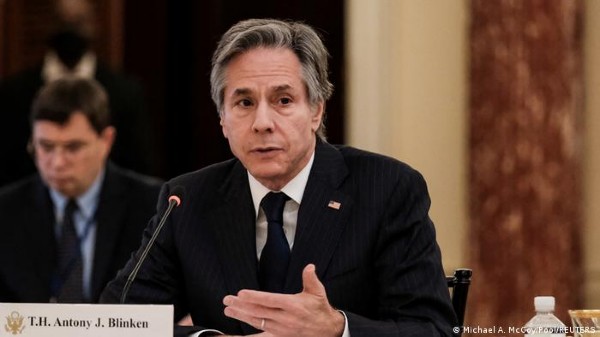Regional
Will 'Forbidden Stories' impact Rwanda's elections?
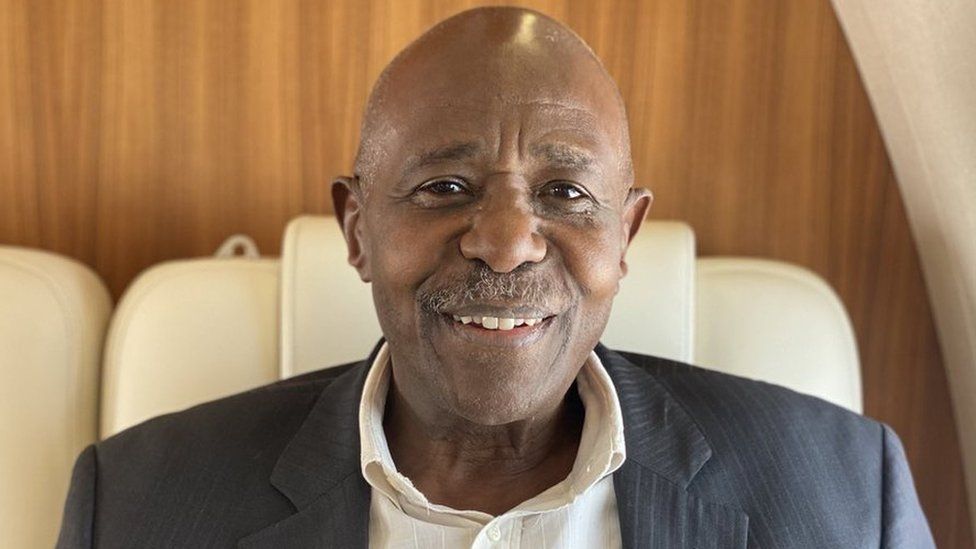
Paul Rusesabagina.
The 17th question from the
supposed interview conducted by Forbidden Stories with Hollywood made “real
life hero” Paul Rusesabagina, reads: “In July Rwanda is organizing new
presidential elections. What do you expect?”
This question came from the
so-called “consortium of 50 journalists representing 17 media outlets”, who
believe they can influence the July 15 general elections in Rwanda.
The question has been central
focus of a series of articles that allegedly investigated Rwanda’s pattern of
repression, in what was referred to as “the Rwanda Classified project.”
“To me, the elections are
already done,” responded Rusesabagina, suggesting the incumbent President Paul
Kagame will be the winner.
Whoever wins the polls, it
will be the result of Rwandans’ choice. They know who is better for them in
accordance to the country’s aspirations translated as becoming an upper-middle
income country (UMIC) by 2035, and a high-income country (HIC) by 2050.
From the timing of the
articles’ release, so-called sources quoted and “facts” presented, as well as
how Rusesabagina is portrayed in the articles, it is clear that the whole
agenda of the project is to present Rusesabagina as a ‘hero’, portraying him as
a significant figure to Rwandans.
The move aims at influencing
the upcoming general elections. The same has happened in the past when Rwanda
prepared big events.
In 2010 when Rwanda held
presidential polls, the so-called leaked “Mapping Report” was fabricated,
alleging that Rwandan government officials committed war crimes in the
Democratic Republic of Congo (DRC). The “report” by the UN which was never
published, bore no fruits.
A year before Rwanda’s
constitutional referendum that would allow President Kagame to run for another
term, BBC released “Rwanda’s Untold Story” in 2014, a film documentary which
alleged former RPA soldiers –who stopped the 1994 Genocide against the Tutsi in
Rwanda– of being the perpetrators. The film brought no expected impacts.
In 2017, Human Rights Watch
(HRW) accused the Rwandan Government of killing 37 people. Suddenly, all the
people it reported dead, were found alive and shown to the world to see, the
next morning. That was another failure of the detractors in the year.
The “Rwanda Classified
project” also compiled all sorts of baseless allegations used against the
Rwandan government, the same way Rusesabagina’s family did during the period of
his trial in Rwanda.
Rusesabagina rose to fame as a
‘Hollywood hero’ due to the fictional film Hotel Rwanda premiered in 2004,
portraying him as “a savior of some 1,200 people” during the 1994 Genocide
against the Tutsi in Rwanda. It attracted admiration and controversy in equal
measure as he has one image created by Westerners and another by fellow
Rwandans who know his true colors.
As a hotel manager,
Rusesabagina turned into a business master during the Genocide. Instead of
helping the Tutsi whose lives faced sudden death, he saw a money making
opportunity and he grabbed it. He charged money for phone calls, eliminated the
provision of food and water to the Tutsi who sought refuge at the hotel, and
established a monetary charge for individuals seeking sanctuary inside Hôtel
des Mille Collines. Rwandans recall this.
In those very difficult times
when the Tutsi were targeted for extermination, Rusesabagina threatened to
throw out those who failed to pay.
Rusesabagina further founded
and used a terror group, FLN, claiming that he aims at ‘liberating’ Rwandans.
These terrorists plotted attacks in southwestern Rwanda which claimed innocent
people’s lives between 2018 and 2019.
Rusesabagina confessed that he
provided Euros 20,000 to the FLN. He was convicted of terrorist crimes and
sentenced to 25 years in jail. He was released on presidential clemency on
March 25, 2023 after promising to abandon his political shenanigans; a promise
he never kept.
During his trial, the
Rusesabagina family lobbied Western media and corrupt NGOs. They spread the
narrative that he is a ‘big critic’ of the Rwandan government, and it was the
reason behind his arrest. In a bid to tarnish Kigali’s image, the family and
allies released a series of articles alleging human rights violations,
transnational repression, invasion of eastern DRC, and sportswashing.
In the May 2024 supposed
interview by Forbidden Stories, Rusesabagina repeated the same allegations.
And, the allegations were crafted into articles released one-by-one next to the
interview, in a systematic order to fit their intention.
As was the case in previous
“reports”, the sources cited are self-exiled Rwandans, and foreign individuals
or so-called NGOs hired for bullying Rwanda like HRW and Freedom House.
The doubtful “facts” published
by the UN Group of Experts on the DRC, are the same used by Forbidden Stories
in accusing Rwanda of having deployed troops to eastern DRC.
“On 21 and 22 December 2022,
about 200 soldiers equipped with uniforms, weaponry and backpacks similar to
standard RDF (Rwanda Defense Force) issue were spotted in the so-called ‘three
antennas’ area in Kibumba, Nyiragongo territory, in the Democratic Republic of
Congo,” reads one photo caption in the so-called facts by Forbidden Stories.
Does Rwanda have a unique
military attire, which can never be found anywhere else, worldwide? At least
this can be used to predict that the photo might be showing Rwandan troops.
But, is it the case?
In another separate article,
Forbidden Stories wrote that “in August 2021, late Rwandan journalist Williams
Ntwali was looking into the judicial repression suffered by Rusesabagina,”
adding, “it seems Ntwali’s investigation was not well received by Rwandan
authorities”.
How would the Rwandan
government not receive the move well, when Rusesabagina’s trial was streamed
online from day one? Would Kigali have allowed The New York Times’s Abdi Latif
Dahir to interview Rusesabagina in jail, if there was ongoing judicial repression?
Ntwali’s death from a road
accident was questioned by the so-called “consortium” in another article. Are
Rwanda’s so-called critics immune to succumbing from normal death? Or, they are
immortal? Why didn’t the ‘investigators’ question all the deadly road accidents
happening in Rwanda in 2023, or at least in a whole January, a month when
Ntwali died?
Forbidden Stories is spreading
the narrative created by the West to portray Rusesabagina as a challenger of
the Rwandan government. He is being used by Westerners to challenge the RPF-led
government that refused to abide by their way of “democracy”.
The Westerners plan is for
‘regime change’ in Kigali. Rusesabagina is their planned stooge in Kigali for
the plan to succeed. Fortunately, Rwandans can not be fooled by this.
Rwanda is globally recognized
as a successful story, following its remarkable transformation from a
devastated state after the 1994 Genocide against the Tutsi, to a promising
economy.
While the country is much
known for its successful service and tourism sector, hosting dozens of
international meetings annually, Forbidden Stories tried to depict the
successful Visit Rwanda brand as not worth it.
Who else should know what is
good for Rwanda, apart from Rwandans?
Just like previous attacks on
Rwanda - which were meant to disturb elections failed - the latest attack by
Forbidden Stories will not impact the July 15 general elections.
The West should bear in mind that Rusesabagina will never fit into Rwanda’s leadership picture, or be a Rwandan “hero” in any way. Rwandans deserve better.



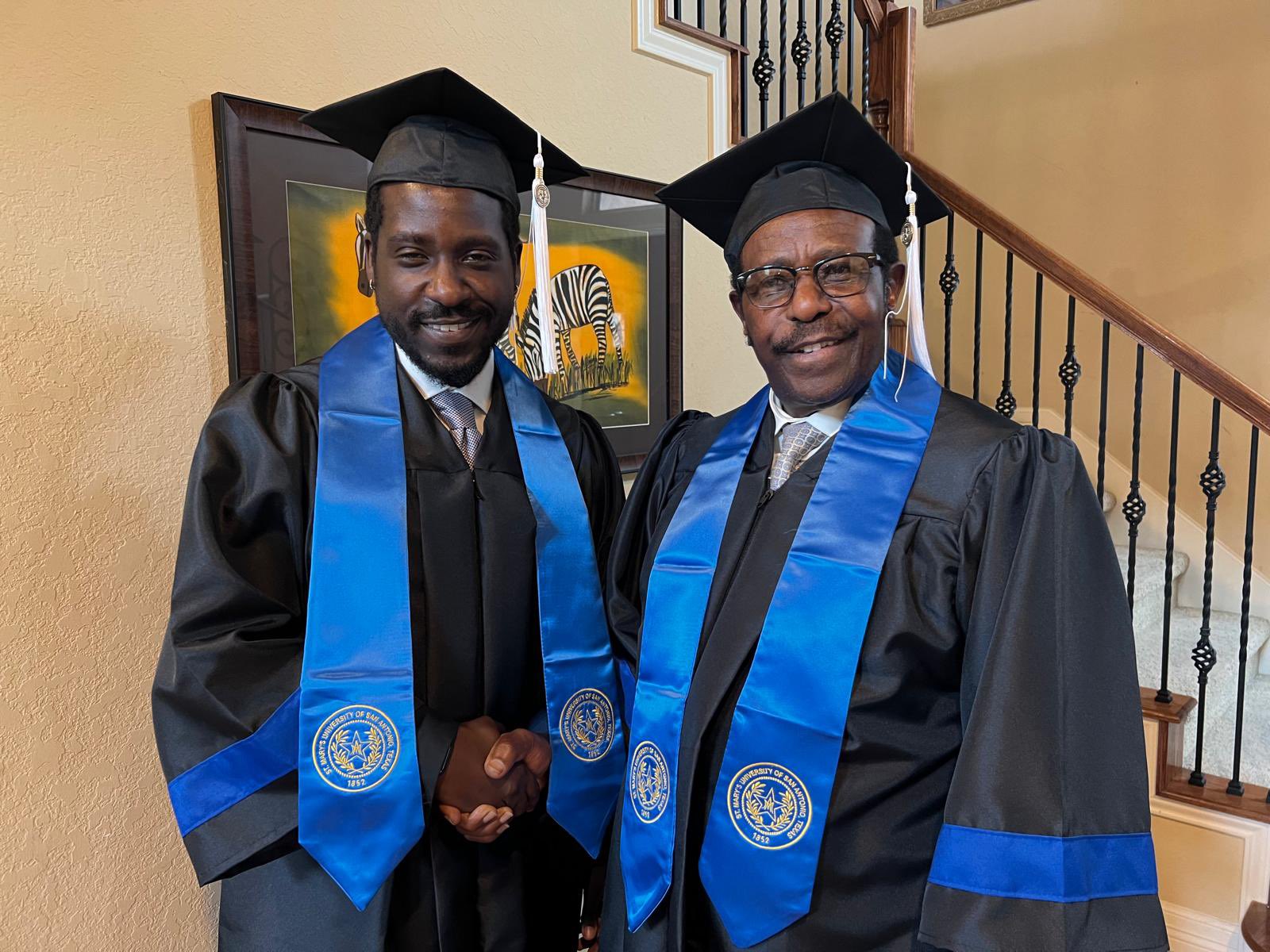
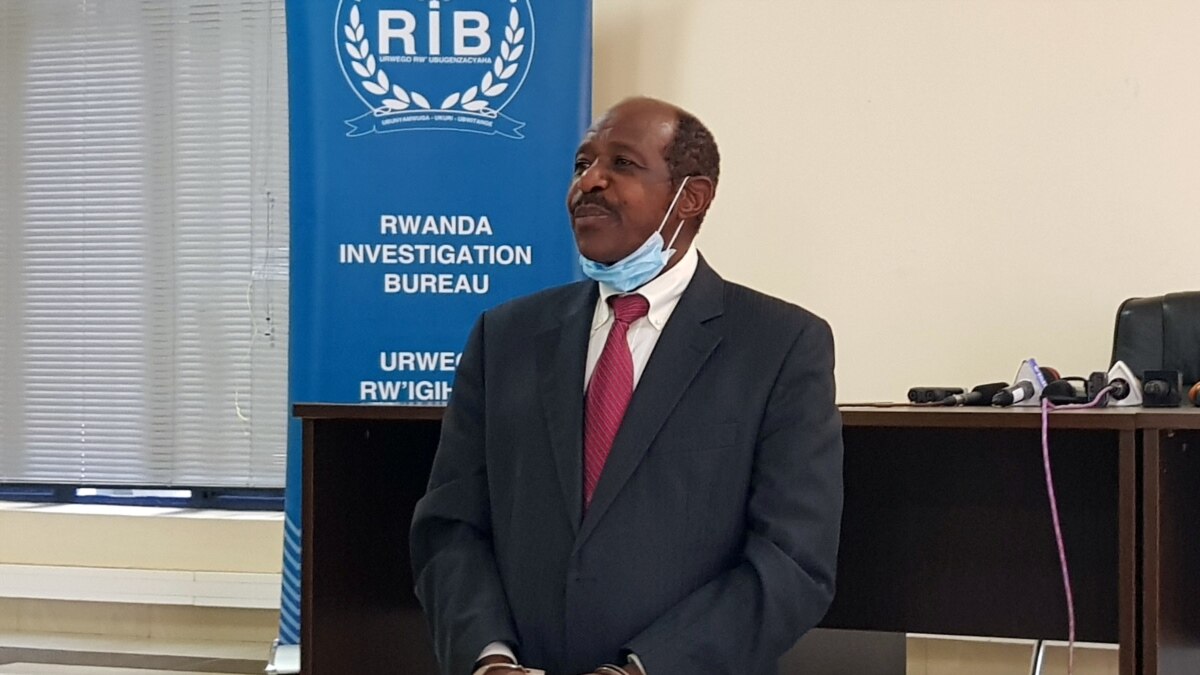
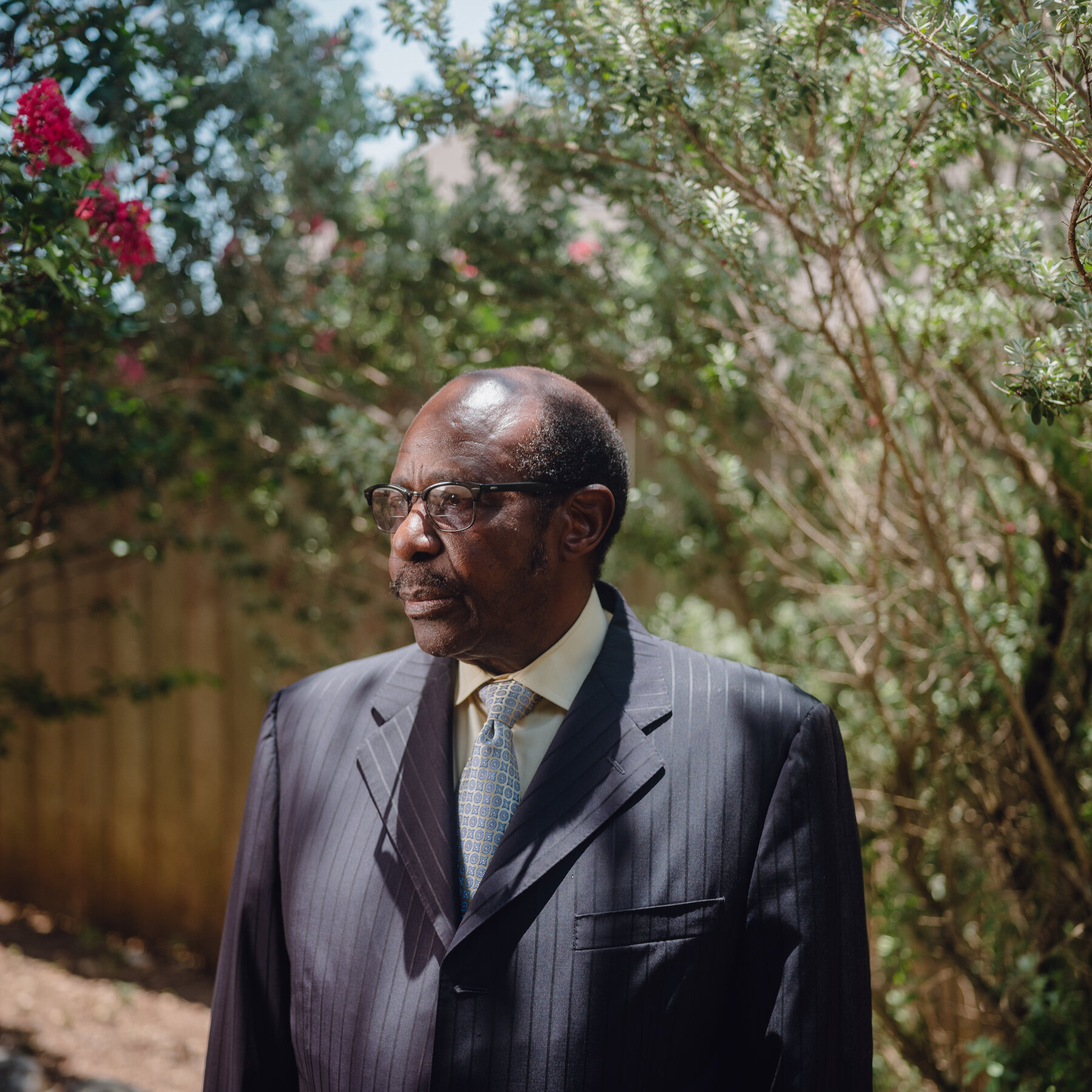
.jpeg-20230128110430000000.jpeg)
